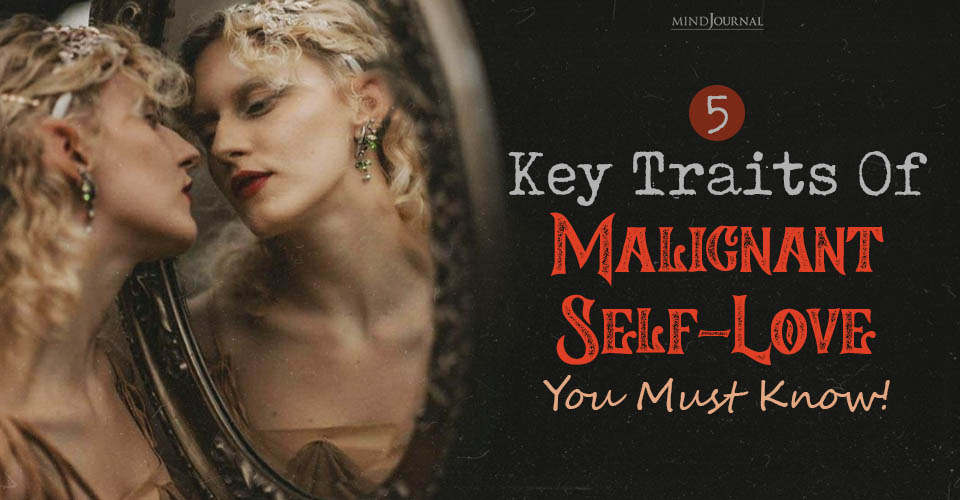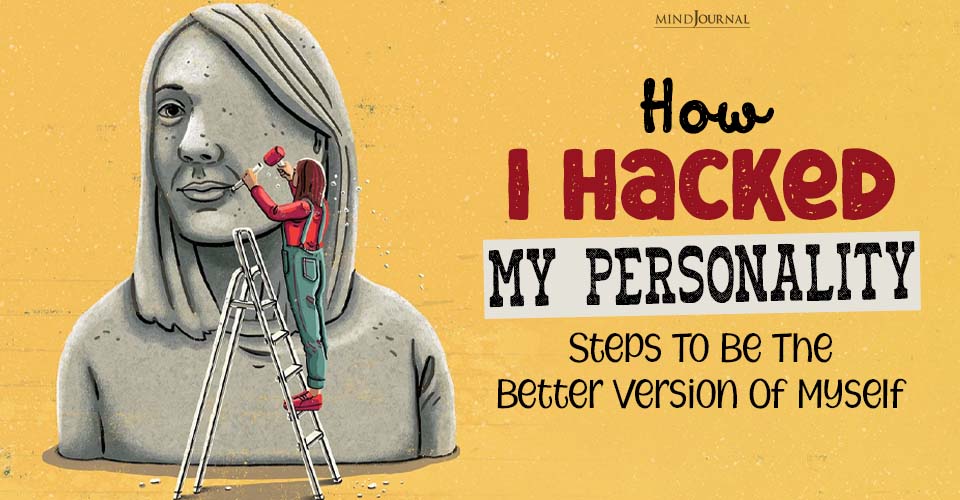“Love encompasses so much, reaches so far, and heals so deeply, that any attempt to describe it, no matter how poetic, only dilutes it.”
― Steve Maraboli
‘Is this really love?’
A lot of us find ourselves asking this question when we are in a relationship.
Love, however, has various forms and people have their own ways in dealing with it. For some, it’s a peaceful journey while for others, it’s filled with intensity and passion. The most common ones include consummation of love, to love and to be loved back with both emotional and physical intimacy.
According to researchers, this most well-known form of love which is practiced and idealized by us has certain signs.
Read 10 Signs He’s Falling In Love With You
If you have these 5 signs in your relationship, then you are really in love with your partner:
(1) You are genuine with one another:
According to a research done by Lopez and Rice in 2006, couples who are honest with one another tend to be more satisfied than those who lie and hide things from their partners. If you reveal your true self to your partner and if they accept you, love you with all your values and flaws, it means the two of you are truly in love with each other. The two of you can talk freely on every topic and share a strong emotional bond.
(2) You feel positive after every physical interaction:
According to a research conducted by Debrot and others in 2017, sex if practiced not just as an act of sex but also a way to explore the relationship, to understand one another and to make the bond stronger, brings a lot of positivity among the couples. sex is not just about physical intimacy, it’s about bonding. If you feel positive after every physical interaction with your partner, if the two of you form a deeper bonding after every interaction, then the two of you are definitely in love with one another.
Read 10 Signs You Are Making Love Not Just Having Sex
(3) You only choose your partner no matter how much better people you meet:
Miller in 1997 showed that if people look for better partners while they are still in a relationship, it means they are less committed. For people who are truly in love with one another, there can never be any alternative option for them.
(4) You are never scared to take risks with the person you love:
According to researches done by Lopez and Rice in 2006, taking risks with your partner increases your bonding with them and results in relationships where you feel satisfied. It is your love for one another which keeps you safe. It increases dependency between the two of you and makes you a stronger couple.
(5) You always try to make life easier for your partner:
According to research conducted by Fehr, Harasymchuk, & Sprecher in 2014, compassionate love where the couples enrich one other is an integral element for a long-lasting relationship. To love is to care, to grow. If the two of you make life easier for each other and care for another, then you are moving towards a successful relationship.















Leave a Reply
You must be logged in to post a comment.